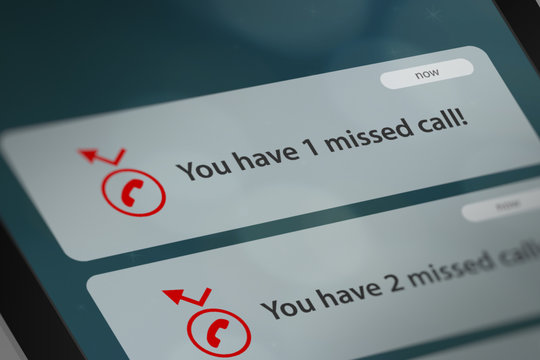Think back to your last Zoom call with your team. What was it like? Did you manage to stay on topic and stick to the schedule? Were you able to speak up and contribute? Or were you intimidated? The virtual world has changed meeting etiquette.
For companies, virtual meetings have been an effective method of cutting costs. They have eliminated the need for planning and travel costs and simply facilitate collaboration and communication amongst teams, with customers and external agents or partners. Despite the distance barriers, decisions are taken on time and information is continuously being delivered and helps speed up project completion as it avoids rescheduling or delays.
It has however become increasingly tougher for managers to find the right balance between encouraging participation and input along with staying on topic and not losing track of time. Certain aspects are easier to control than others. The virtual world has made monitoring attendance and ensuring punctuality much easier. You are no longer running between conference rooms or different ends of campus but are simply attending with a click of a button. However, as easy as it is to log on, it’s equally easy for participants to remain silent spectators and not contribute by hiding behind the excuse of bad connectivity or muted audio. So what can managers do to find that right balance?
- Send out a game plan: Layout a clear agenda
- Pick your players: Ensure each participant has an update or something to share to encourage participation and engagement
- Get people to ‘raise their hands’: Set aside time for questions towards the end of the call
And most importantly:
- Assign a referee: Make sure you have a strong moderator who is familiar with the agenda, time constraints, and each ones role who can interject when the meeting seems to be going off track
How long before we find this balance or will we be defeated by the onset of Zoom fatigue? Only time will tell. Though it is clear the answer depends on how effectively managers are able to adapt to this new setting and alter their game plan for their team.









